The Surprising Costs of Downsizing Your Home
Fixing up a house to sell often means spending thousands of dollars in repairs and upgrades.

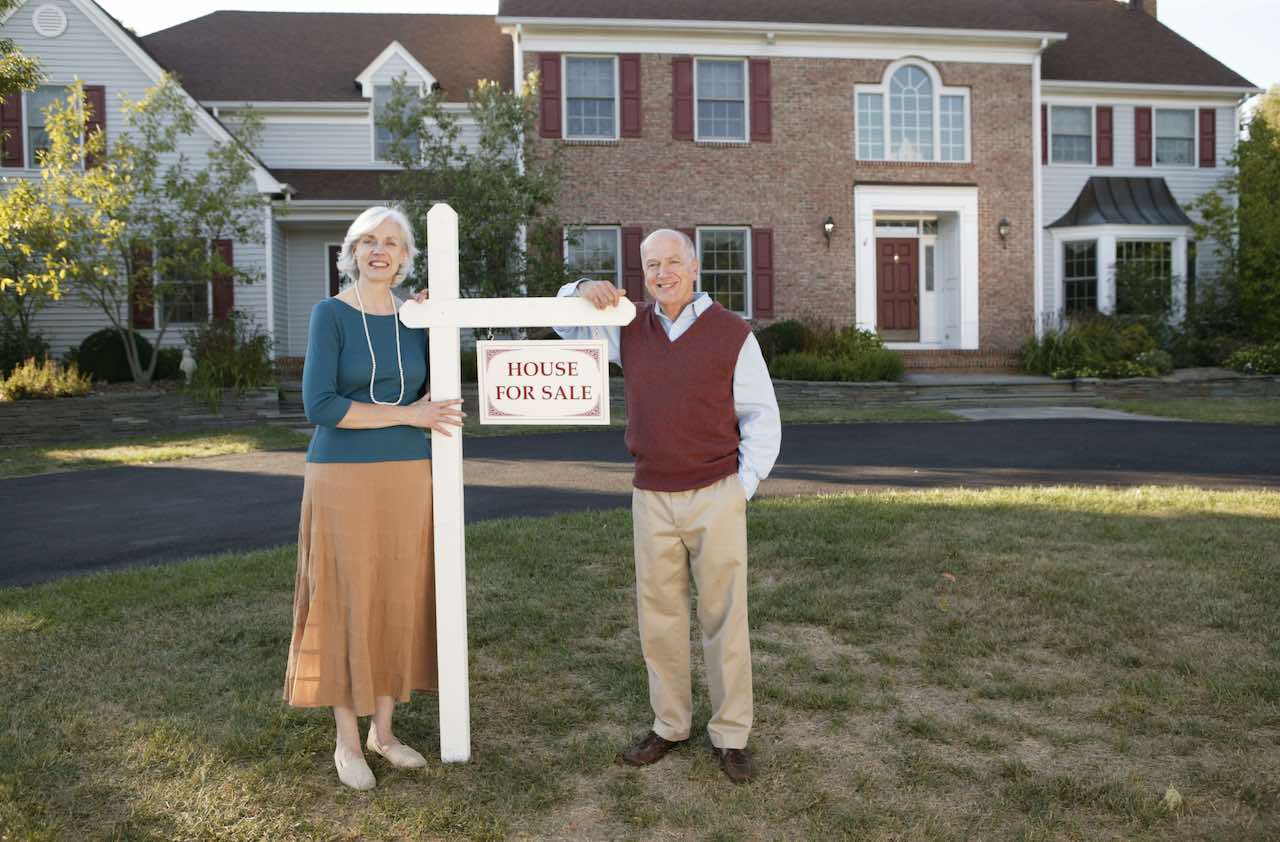
Profit and prosper with the best of Kiplinger's advice on investing, taxes, retirement, personal finance and much more. Delivered daily. Enter your email in the box and click Sign Me Up.
You are now subscribed
Your newsletter sign-up was successful
Want to add more newsletters?

Delivered daily
Kiplinger Today
Profit and prosper with the best of Kiplinger's advice on investing, taxes, retirement, personal finance and much more delivered daily. Smart money moves start here.

Sent five days a week
Kiplinger A Step Ahead
Get practical help to make better financial decisions in your everyday life, from spending to savings on top deals.

Delivered daily
Kiplinger Closing Bell
Get today's biggest financial and investing headlines delivered to your inbox every day the U.S. stock market is open.

Sent twice a week
Kiplinger Adviser Intel
Financial pros across the country share best practices and fresh tactics to preserve and grow your wealth.

Delivered weekly
Kiplinger Tax Tips
Trim your federal and state tax bills with practical tax-planning and tax-cutting strategies.

Sent twice a week
Kiplinger Retirement Tips
Your twice-a-week guide to planning and enjoying a financially secure and richly rewarding retirement

Sent bimonthly.
Kiplinger Adviser Angle
Insights for advisers, wealth managers and other financial professionals.

Sent twice a week
Kiplinger Investing Weekly
Your twice-a-week roundup of promising stocks, funds, companies and industries you should consider, ones you should avoid, and why.

Sent weekly for six weeks
Kiplinger Invest for Retirement
Your step-by-step six-part series on how to invest for retirement, from devising a successful strategy to exactly which investments to choose.
When I look at my retirement stash, I have to admit it's kind of small. When I look at my house, I realize it's kind of big. And when I consider the two together, I think that maybe I should downsize and use the equity in my house to buy a condo or add to my retirement savings and rent.
Downsizing isn't for everyone, but it's one of the few strategies -- along with working longer, delaying Social Security or spending less later in retirement -- available to near-retirees who find themselves short on retirement savings and don't have time to catch up, says Steven Sass, of the Center for Retirement Research at Boston College. "The house is a major source of people's savings. If you don't want to work longer or give up eating out in retirement, downsizing should be part of the plan." (Another way to get at home equity is to take out a reverse mortgage; see Reverse Mortgages Get a Makeover.)
Do the math. Before you sell your house and move, add up the costs that can chip away at the amount you free up. For starters, fixing up a house to sell often means spending thousands of dollars in repairs and upgrades (new roof, anyone?). Once the house does sell, you'll pay commissions to real estate agents on both sides of the transaction, usually to the tune of 6% of the home's value. Packing and transporting enough furniture to outfit a two-bedroom condo will run $1,500 if you move a few miles away and $5,000 or more if you move across the country, according to the calculator at www.moving.com. As for the furniture you don't keep, you could find yourself spending a few thousand dollars to ship the good stuff to your kid across country and paying a hauler to cart away the rest.
From just $107.88 $24.99 for Kiplinger Personal Finance
Become a smarter, better informed investor. Subscribe from just $107.88 $24.99, plus get up to 4 Special Issues

Sign up for Kiplinger’s Free Newsletters
Profit and prosper with the best of expert advice on investing, taxes, retirement, personal finance and more - straight to your e-mail.
Profit and prosper with the best of expert advice - straight to your e-mail.
Even after the move, you won't be home-free. Condo association fees run at least several hundred dollars a month, on top of insurance and property taxes, and if the building needs a major improvement, such as a new roof, you'll get hit by a special assessment to help cover the cost. Renting is more predictable but leaves you vulnerable to annual rent hikes (see Rethinking Retirement: Retirees, Should You Rent or Buy Your Home?). And whether you rent or buy, you'll surely want to buy new furnishings that fit the smaller space, says Paul Miller, a certified financial planner in Boca Raton, Fla. "You think you're freeing up all this money by downsizing, and then you spend thousands to refurbish."
Other expenses you might not have considered: Instead of the driveway you currently enjoy, you'll probably have to fork over cash for a parking space. If you can't squeeze Grandma's armoire into the second bedroom (or bear to part with it), you'll pay $100 a month to rent a storage unit. Because you won't want to stash those old tax records in the second bedroom, you'll spring for storage space in the building. Moving far away from friends and family? Factor in the expense of traveling back to the old neighborhood a few times a year. As for the next family reunion, that won't be happening in your two-bedroom condo: Count on covering the cost of renting a beach house.
Of course, moving to a condo or apartment also allows you to cut your utility bills, eliminate yardwork and snow shoveling, and get rid of your mortgage or trade it for a smaller one -- and maybe you'll make your kids chip in for the beach house. Still, be sure to add up the pluses and minuses before you put out the For Sale sign, not after. (For a ballpark estimate of the costs and savings of downsizing based on your circumstances, see http://squaredaway.bc.edu/calculators/move-or-stay-put.)
"There are a lot of considerations that go into the downsizing decision," says Miller. "This may be the last move you're going to make, so you'd better make it a good one."
Jane Bennett Clark is a senior editor at Kiplinger's Personal Finance.
Profit and prosper with the best of Kiplinger's advice on investing, taxes, retirement, personal finance and much more. Delivered daily. Enter your email in the box and click Sign Me Up.

-
 Ask the Tax Editor: Federal Income Tax Deductions
Ask the Tax Editor: Federal Income Tax DeductionsAsk the Editor In this week's Ask the Editor Q&A, Joy Taylor answers questions on federal income tax deductions
-
 States With No-Fault Car Insurance Laws (and How No-Fault Car Insurance Works)
States With No-Fault Car Insurance Laws (and How No-Fault Car Insurance Works)A breakdown of the confusing rules around no-fault car insurance in every state where it exists.
-
 7 Frugal Habits to Keep Even When You're Rich
7 Frugal Habits to Keep Even When You're RichSome frugal habits are worth it, no matter what tax bracket you're in.
-
 ‘I Play Pickleball in Retirement.’ Is It HSA-Eligible?
‘I Play Pickleball in Retirement.’ Is It HSA-Eligible?Retirement Tax Staying active after you retire may be easier with these HSA expenses. But there’s a big catch.
-
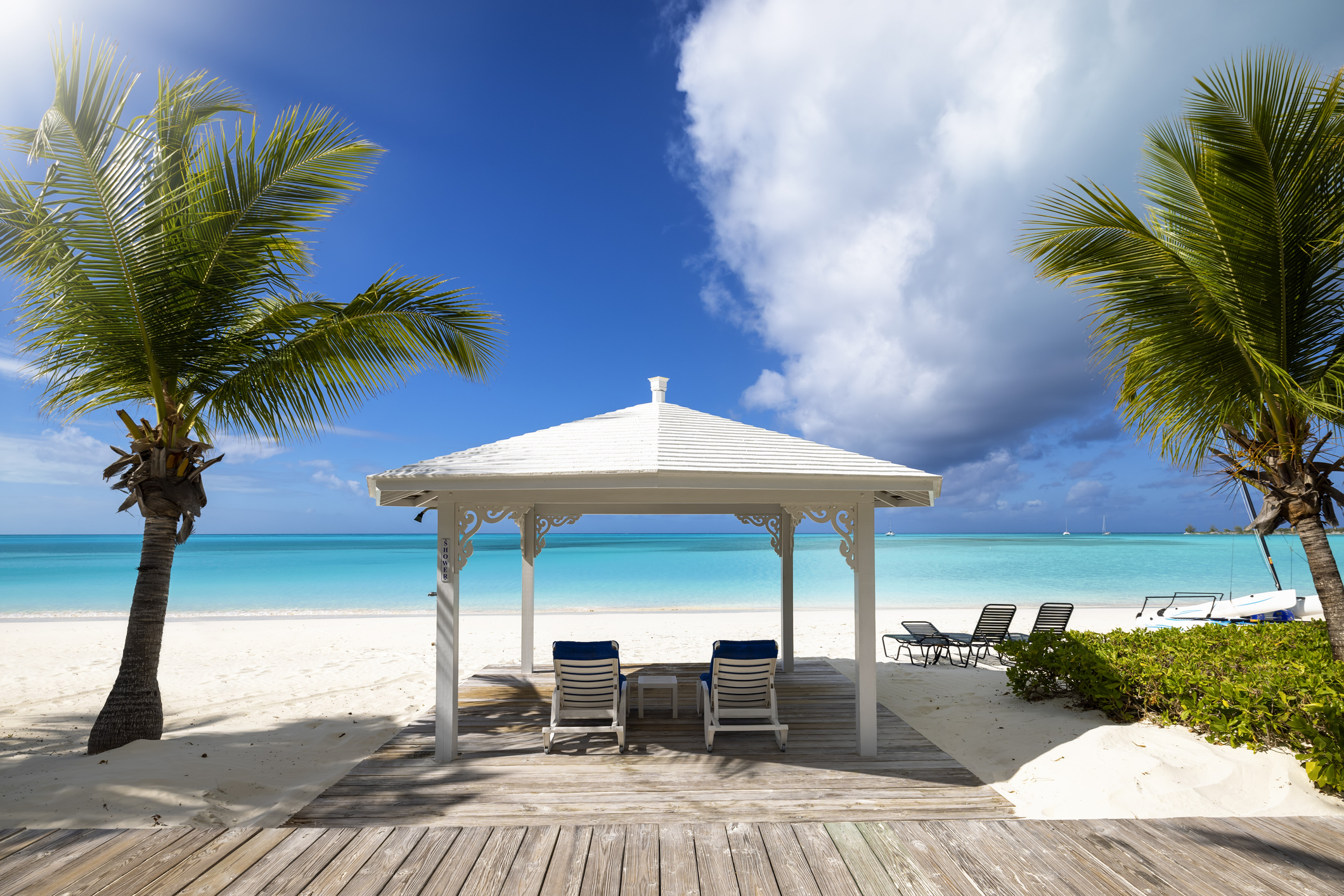 Retire in the Bahamas With These Three Tax Benefits
Retire in the Bahamas With These Three Tax BenefitsRetirement Taxes Retirement in the Bahamas may be worth considering for high-net-worth individuals who hate paying taxes on income and capital gains.
-
 15 Cheapest Small Towns to Live In
15 Cheapest Small Towns to Live InThe cheapest small towns might not be for everyone, but their charms can make them the best places to live for plenty of folks.
-
 Should You Rent in Retirement?
Should You Rent in Retirement?Making Your Money Last Renting isn't right for all retirees, but it does offer flexibility, and it frees up cash.
-
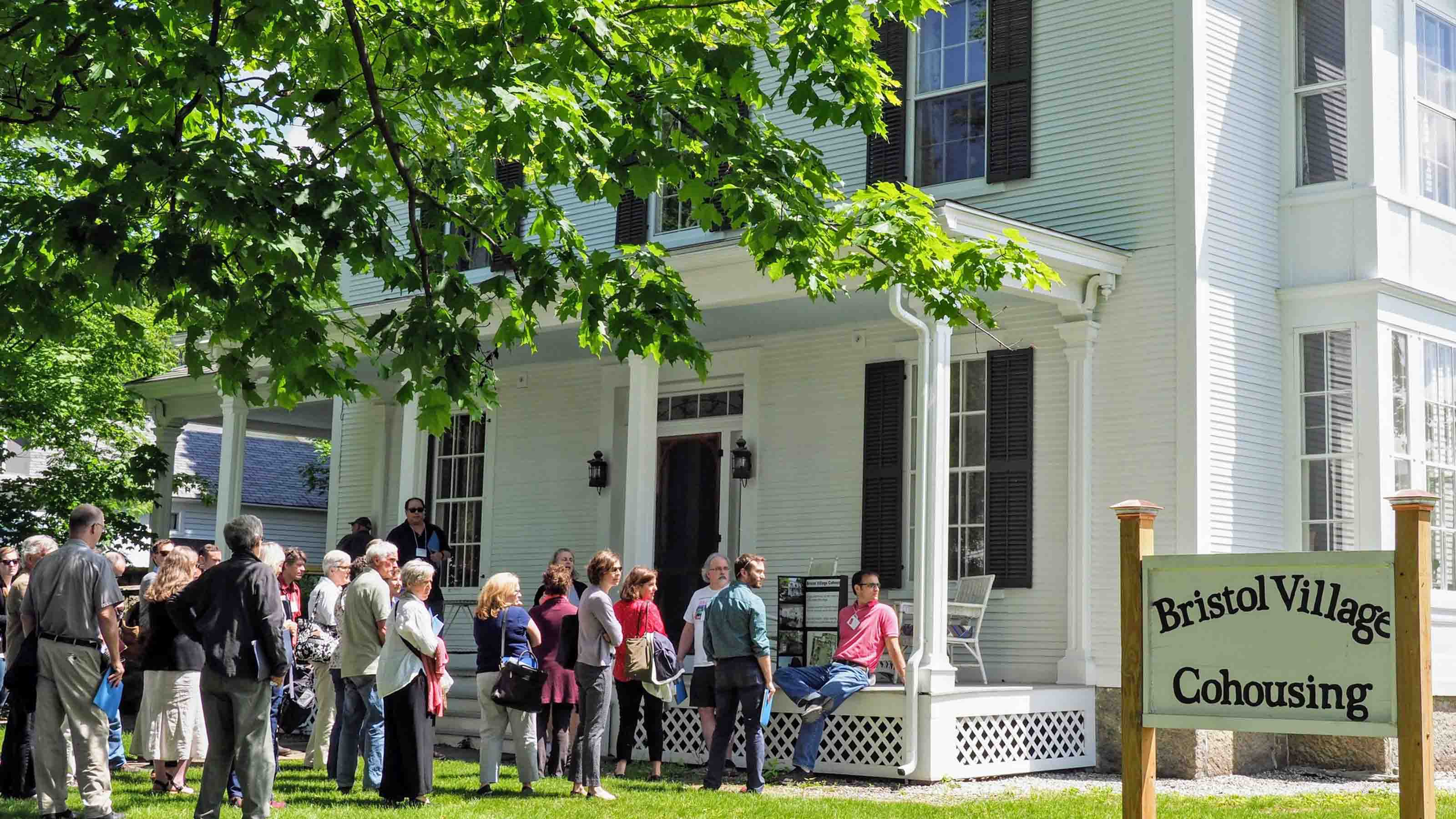 Retirees: Cohousing is Growing. Is it Right for You?
Retirees: Cohousing is Growing. Is it Right for You?This model of housing is designed to increase interaction. For some retirees, this is a draw. But you should know the details.
-
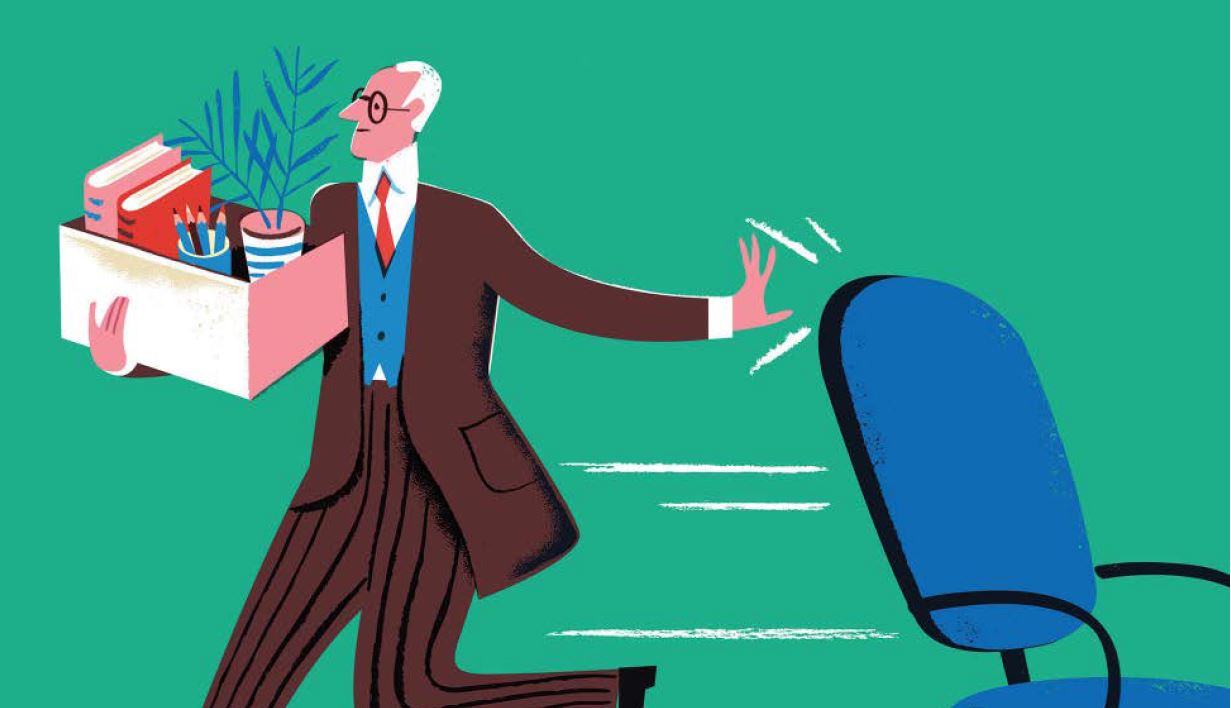 Take This Job, I'm Retiring
Take This Job, I'm RetiringFinancial Planning The pandemic and bull market have led to an increase in the number of workers who are retiring. You might call it the Gray Resignation.
-
 Honey, We Need to Talk About Money
Honey, We Need to Talk About MoneyWomen & Money Instead of focusing on the numbers, couples might have more success discussing their goals.
-
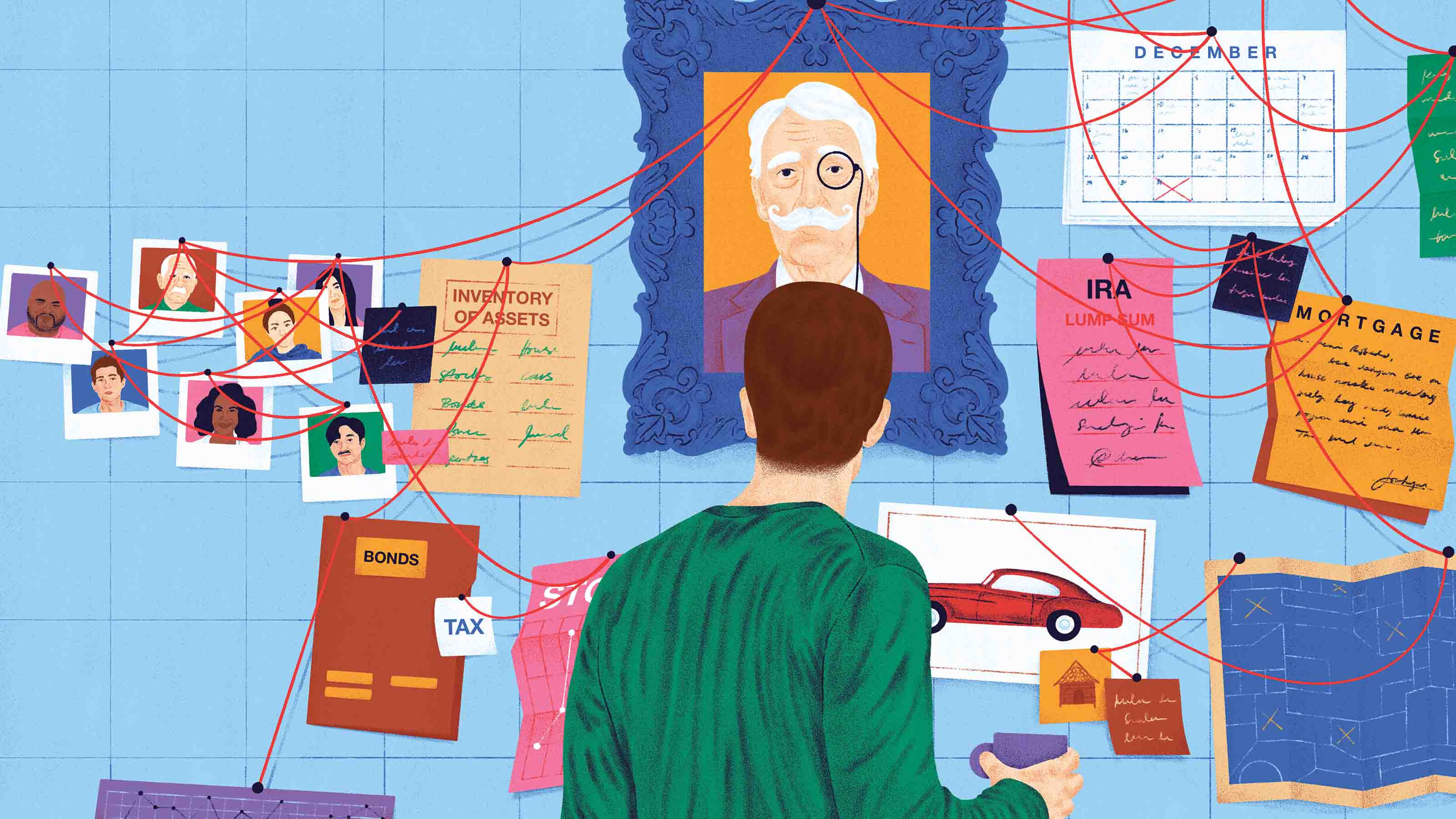 Minimizing Taxes When You Inherit Money
Minimizing Taxes When You Inherit MoneyFinancial Planning Some inherited assets are tax-friendly, but under new rules, others come with a hefty tax bill. We help you get the most out of a legacy.